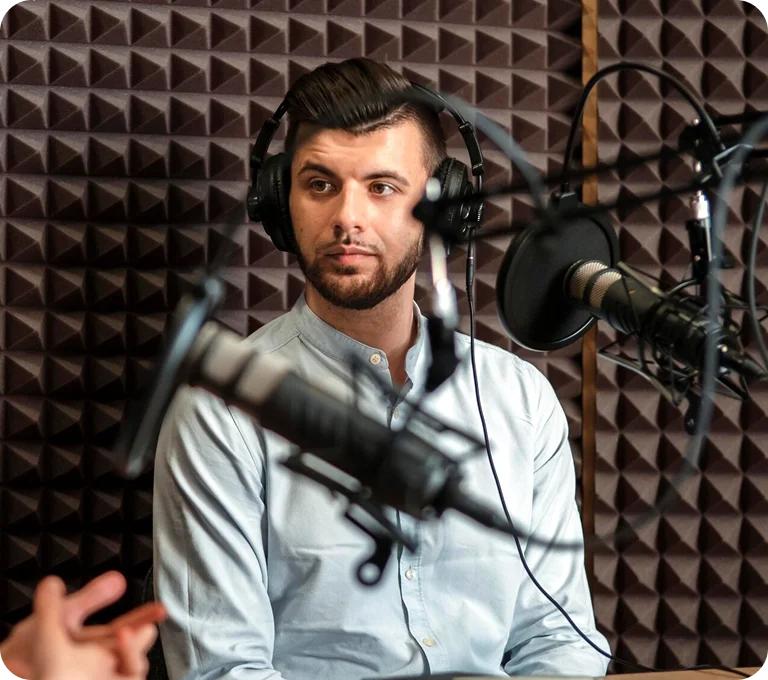Whether you're a casual listener who enjoys storytelling during a walk or a dedicated learner squeezing insights into your morning routine, optimizing your podcast experience can turn passive listening into something more meaningful and impactful. Getting the most out of your listening time is not just about hitting play — it's about being intentional, curious, and a little strategic.
Before anything else, understanding why you're pressing play on a podcast makes all the difference. Are you looking to learn something new, entertain yourself, or simply relax? Defining the purpose behind your listening shapes the kind of shows you tune into and the attention you give them. If you're in it to learn, you might be more alert and ready to take mental notes. If you're listening to unwind, you'll allow yourself to simply enjoy the narrative or humor without the pressure of retention. Being clear about your intention helps you engage more actively, even during passive moments like commuting or cooking.
.webp)
Listening actively means more than just hearing the words. It involves thinking about what's being said, forming opinions, asking questions in your mind, or relating the content to your own life.
When you make these mental connections, the material tends to stick better, and the experience becomes richer. Even if you're not taking notes, the act of staying mentally present helps transform a passive episode into a learning or emotional experience.
Whether it's a new perspective on life, a technique you've never heard of, or a story that inspires you, letting your mind interact with the episode helps you retain more of what matters.
"Good podcasts don't ask for your attention — they earn it, minute by minute." — Leo Farrow
Most podcast apps come with tools that can subtly enhance your experience, and using them can make a surprising difference. Features like variable playback speed, episode bookmarking, custom playlists, and sleep timers are there to help you tailor the experience to your routine and preferences. For example, slowing down complex content makes it easier to digest, while increasing speed on casual talk shows can save time without losing meaning. Some apps also let you highlight or save your favorite moments or quotes, which is useful if you ever want to revisit something that resonated.


Even a quick reflection after an episode can greatly improve how much you take away from it. Ask yourself: What was the key message? Did anything surprise me or change my thinking? For knowledge-based or interview-style podcasts, writing down one or two takeaways can reinforce learning and help you apply it in real life. You don't need a dedicated journal — even adding a note to your phone or bookmarking an episode with a short caption can be effective. The key is to give yourself a moment to absorb, instead of letting one episode blend into the next.
If a moment hits hard, if something's unclear, or if you just need a breather — pause the episode. There's no rush, and the beauty of podcasts is that you control the tempo. Some of the best insights or stories are worth sitting with before moving on. Similarly, replaying a section can reveal things you missed the first time — especially in interviews or narrative episodes where the dialogue is rich and layered. Slowing down your consumption in this way helps you avoid information overload and encourages deeper listening.